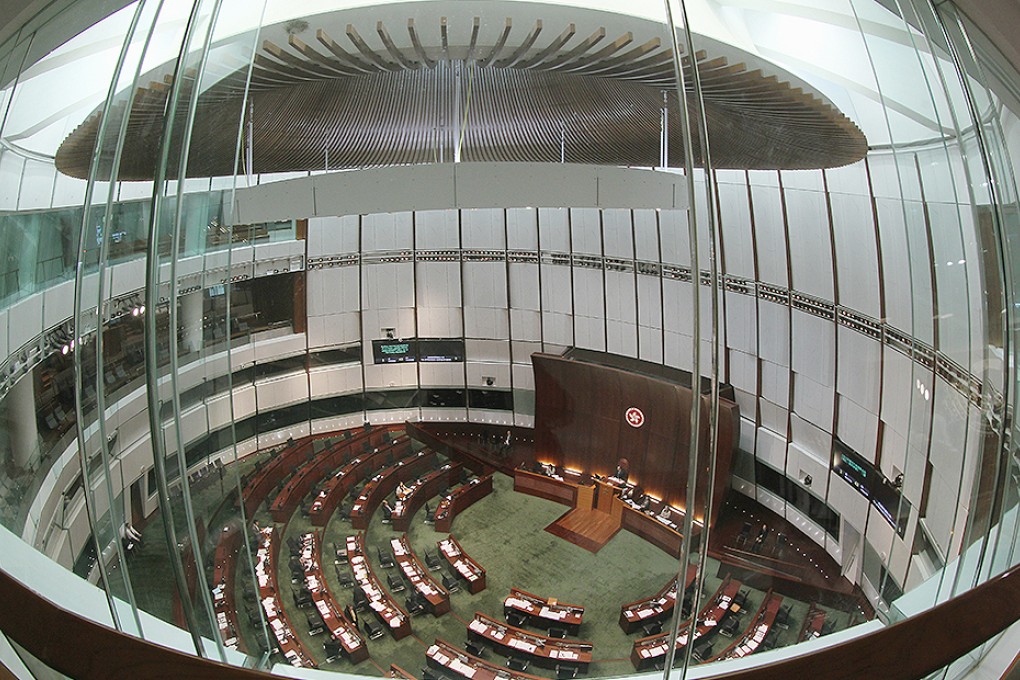Analysis | Electoral reform in Hong Kong: Your guide to the chief executive nomination plans
How will the next Hong Kong chief executive be elected? Here, we look at the nomination plans put forward during public consultation

Beijing has promised that Hong Kong can choose its chief executive democratically for the first time in 2017. But how the election will work remains in question. Under the Basic Law, the city’s mini-constitution, candidates must be put forward by a “broadly representative” nominating committee “in accordance with democratic procedures”.
Beijing has also set various criteria, including that the chief executive must “love the country and love Hong Kong” and that the nominating committee be formed “with reference to” the 1,200-strong election committee that chose Chief Executive Leung Chun-ying in 2012.
Pan-democrats fear the committee will be dominated by Beijing loyalists and be used to “screen out” critics of Beijing; some in the camp say the public and political parties should have a role in selecting candidates. Below are 16 distinct plans from parties, academics and politicians that were submitted to a consultation on reform that ended on May 3.
The plans are ranked from those offering the most radical reform to the most conservative. Those marked with a * have been identified by a group of international academics commissioned by the Occupy Central pro-democracy campaign as meeting the international standards for universal suffrage under the United Nations International Covenant on Civil and Political Rights, of which Hong Kong is a signatory.
-----------------------
The first tier: Offering the deepest change. They suggest public and party nomination and meet international standards, but the proposals may be challenged under the Basic Law as they do not have a meaningful role to a nominating committee, and because they do not make reference to the election committee.